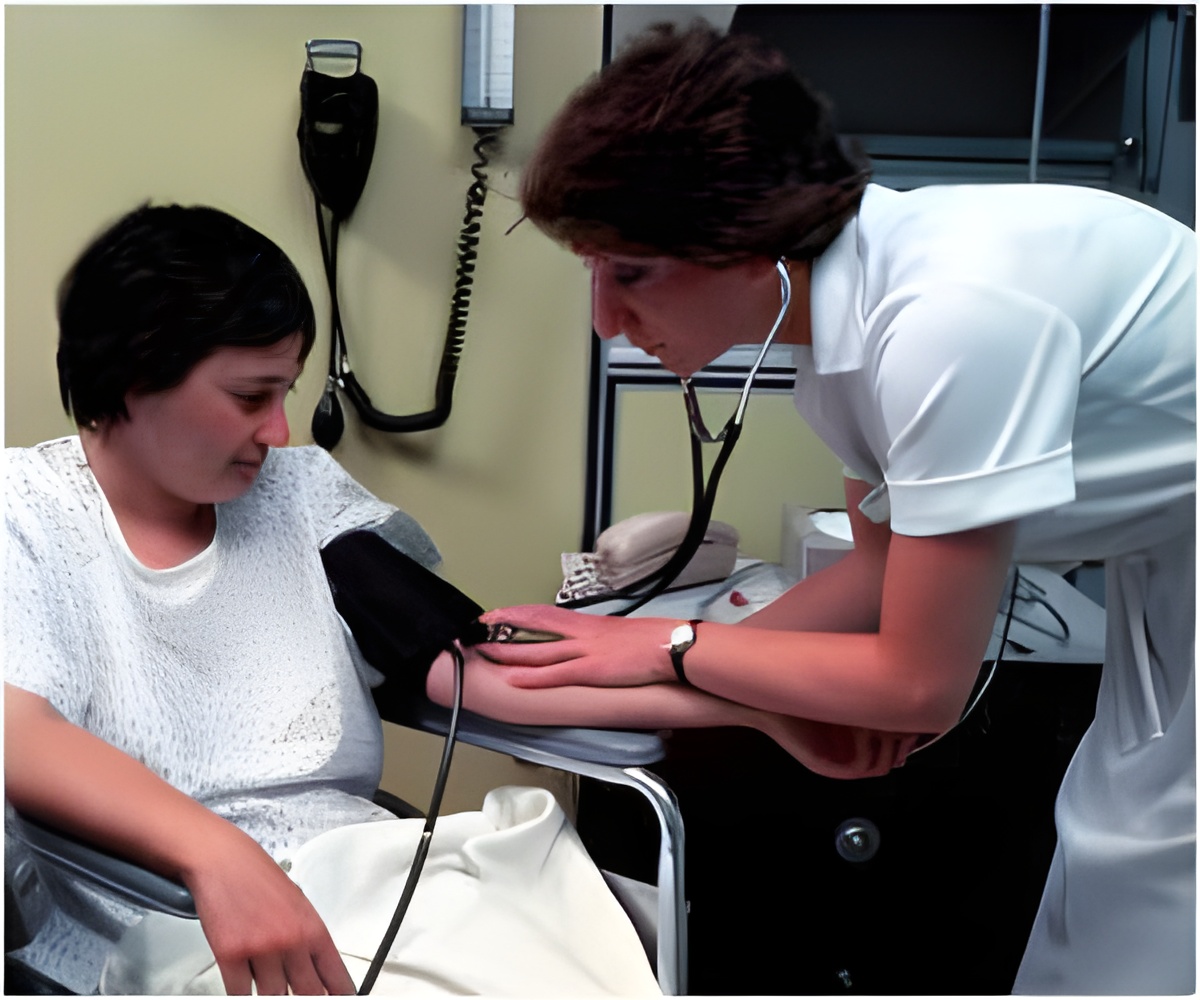
Life expectancy at birth in India was 58.3 in 1990; it went up to 65.2 in 2010.
However, most of India's neighbours were ahead on this measure in 1990, when life expectancy was 58.8 years for Nepal, 58.8 for Bhutan, 58.9 for Bangladesh, 62.3 for Pakistan, 69.3 for China, and 72.3 for Sri Lanka.
All of these countries remained ahead of India in 2010. Life expectancy at birth in 2010 was 65.7 years for Pakistan, 69.0 for Bangladesh, 69.2 for Nepal, 69.4 for Bhutan, 75.5 for Sri Lanka, and 75.7 for China.
In terms of age-standardised death rate, per 100,000 population, India ranked 155 out of 187 countries in 1990. Bangladesh (at 143), Nepal (at 142), Bhutan (at 141), Pakistan (at 123), China (at 92), and Sri Lanka (at 45), were all ahead of it.
According to the report, much of the illness and death in India is caused by a short list of ailments.
Advertisement
The top cause of death in India, as measured in 2010, was ischaemic heart disease, followed by chronic obstructive pulmonary disease, stroke, diarrhoeal diseases lower respiratory infections, tuberculosis, preterm birth complications, self-harm, road injury, and diabetes, it added.
Advertisement
Source-ANI








